Homeschool In Summer
9 Reasons to Homeschool In the Summer Months
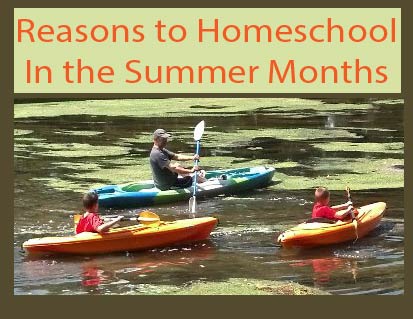
Get an Academic Jump Start
Just think about math. Every September a classroom teacher (or homeschool teacher who takes off for the summer) has to review what they learned last year.Then, the last month or so before summer vacation the teacher is wrapping up the year and doesn't start any new or challenging content.
Then, of course, there are the 3 months of summer.
Do the Math Math
- Before Summer Vacation: 4 weeks of review
- Summer Vacation: 12 weeks off
- After Summer Vacation: 4 weeks of review
- Get ahead academically
- Catch up if they are behind
- Learn entirely new things
Summer Learning Can Be A Blast
It isn't the same routine when you homeschool through the summer.- You can be lazy and sleep in.
- You can teach outside.
- You can relax and try new things.
- You can experiment with new curriculum.
- You can let the kids design their own curriculum.
A Time to Let Go and Try New Things
If you don't use unit studies but like the tried and true method of textbook learning, this is a great chance to bust free in the worry-free months of June, July, and August. Don't worry, your in-laws won't look askew that your kid doesn't have any text books. It will be fine, trust me and try it.
Are you a unit study maniac? You might want to get some textbooks or learning pacs for the summer months. You can have a mini-vacation while the kids spend an hour a day doing "typical" homework. It won't kill them, I promise.
End Boredom and Squabbling
How soon after summer vacation starts before the kids start moping around and the dreaded words are uttered: "I'm sooooooo bored."
And the the boredom-bearers start bickering about absolutely nothing!
Here's the sure-fire cure:- Homeschool in the morning
- Have lunch
- Afternoon is free time
The Time Counts on Your Academic Year
All fifty states have different requirements, and everyone should know the laws of their own state. But in most of the states, you can count the time you spend homeschooling in the summer towards your academic year.
And even in the states that don't allow it, they certainly don't make it illegal to teach in the summer. (Not yet anyway. Never know what those bureaucrats will come up with next.)
Focus on an Area that Needs Improvement
You don't have to do ALL subjects in the summer. You may only do two or three things in a day. But this gives you a chance to focus on an area that needs strengthened. Such areas could include:- Writing
- Basic math drills
- Vocabulary or spelling
- Art (didn't find the time to do all the fun stuff you wanted to do)
- Running or physical fitness
Major on the Majors
Since you don't have the pressure of doing everything your state government requires, you are free to do what is most important. Here's a suggested schedule:- Math: one lesson a day (maybe try a different curriculum)
- Reading: one chapter a day
- One Area of Weakness: see above. Use these months to build up and improve.
- Something fun (see below)
Every One Learns
This isn't just for the kids, think of all the things you have wanted to learn. Family learning without the restrictions of a typical academic schedule.
So what kind of things can the family learn? Of course, the sky's the limit, but here's some of things our family has done:- Archery
- Oceanography
- Kyaking
- Photography
- Shakespeare
- Zoology
Learn About Learning
Without the restrictions and pre-conceived notions of what "school" is supposed to look like, you might find a new way of learning and teaching. This is a time to learn new subjects, try different types of curriculum, allow people to explore outside the box.
Now THAT's a real education!
About Our Site
Hands-On Learning
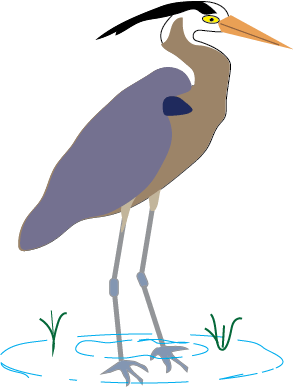



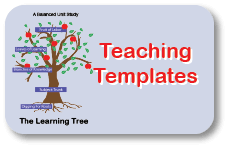

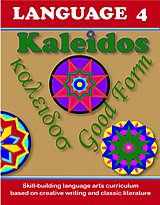
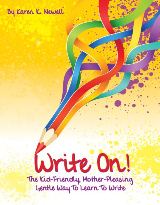

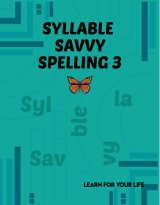

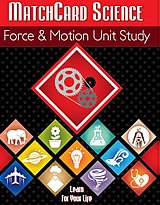


New! Comments
Share your feedback with the rest of the home school community.